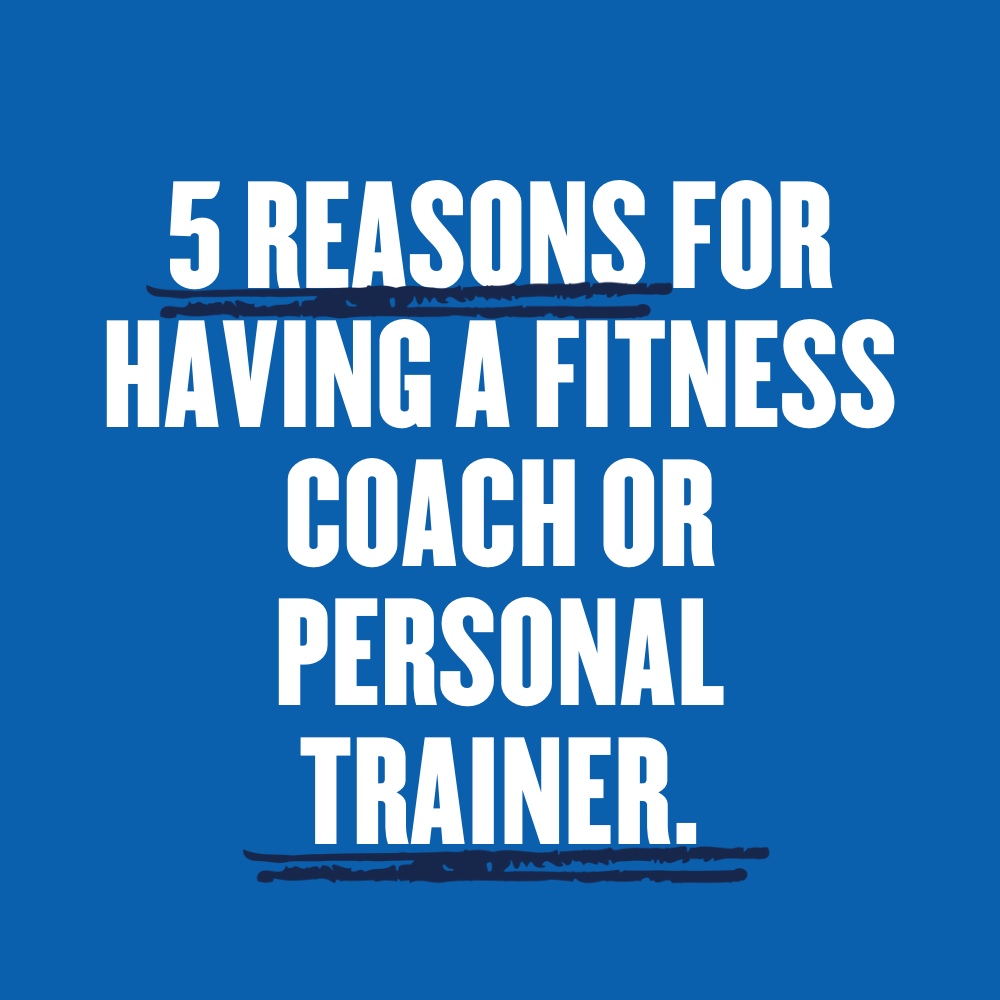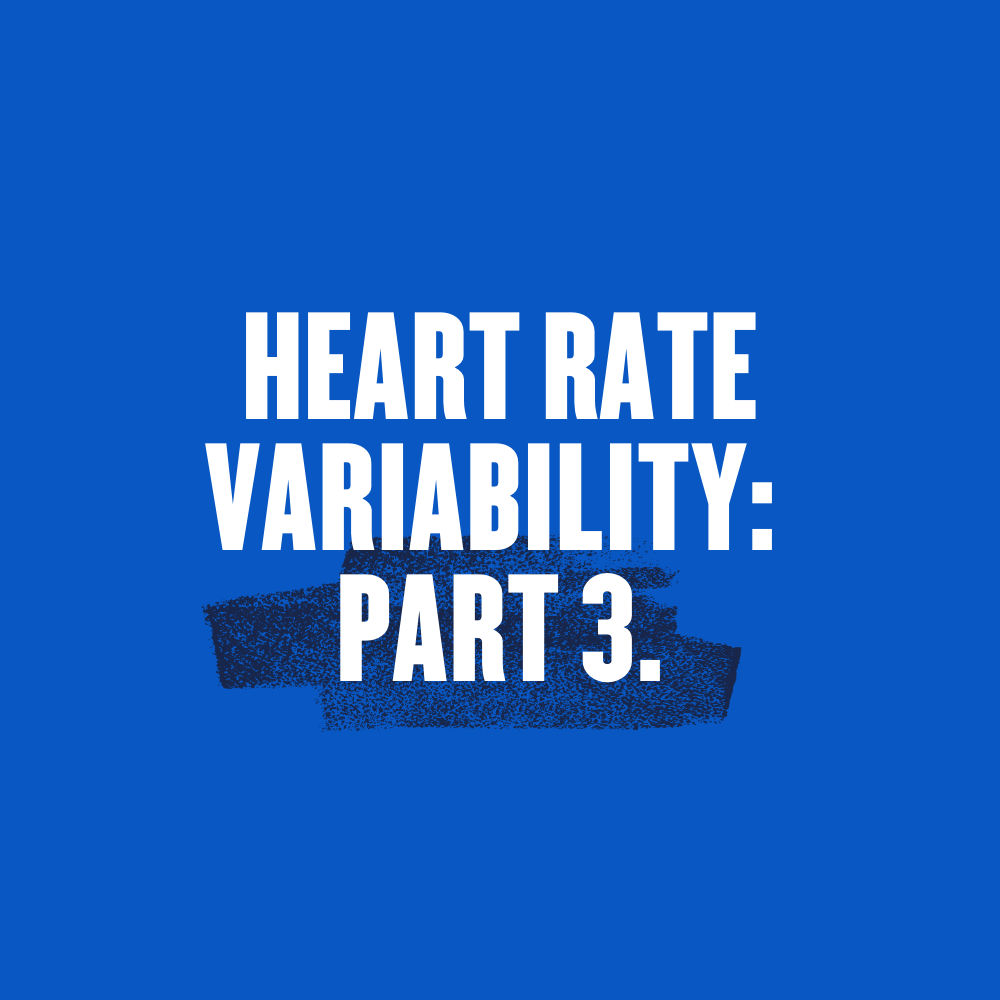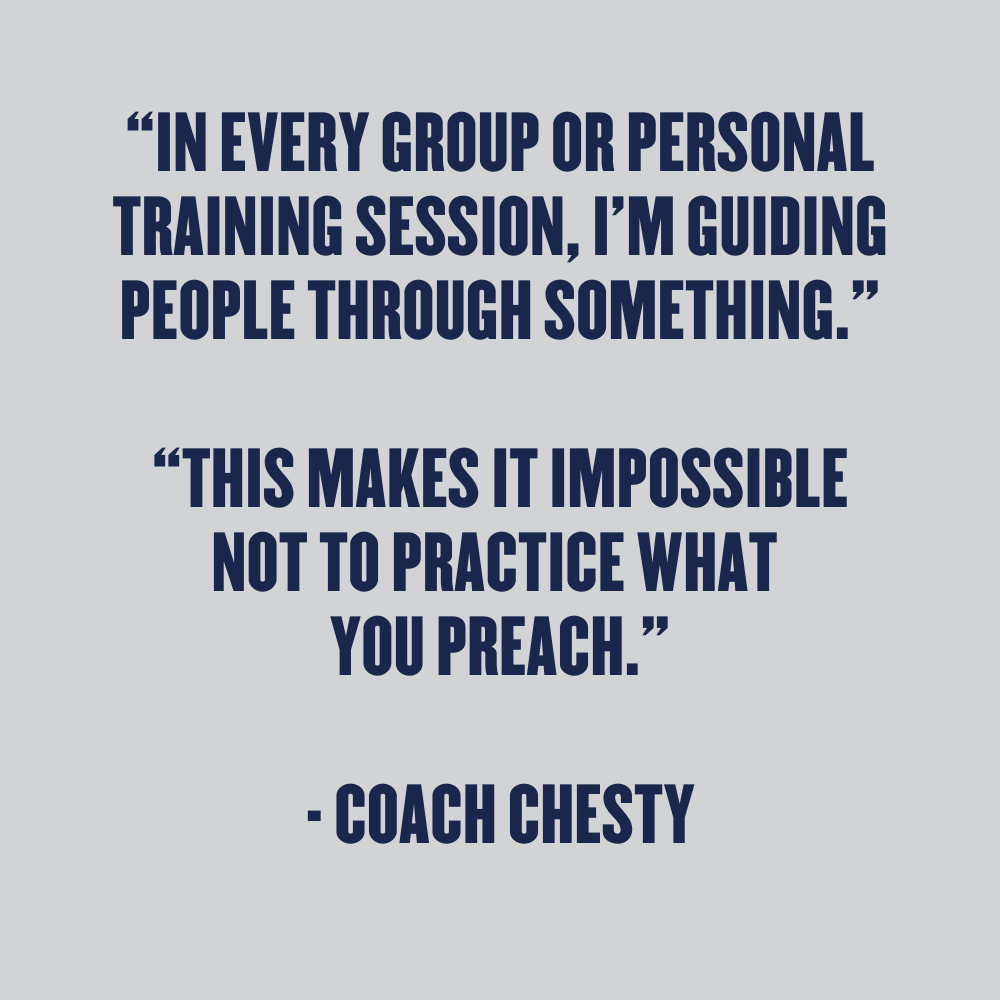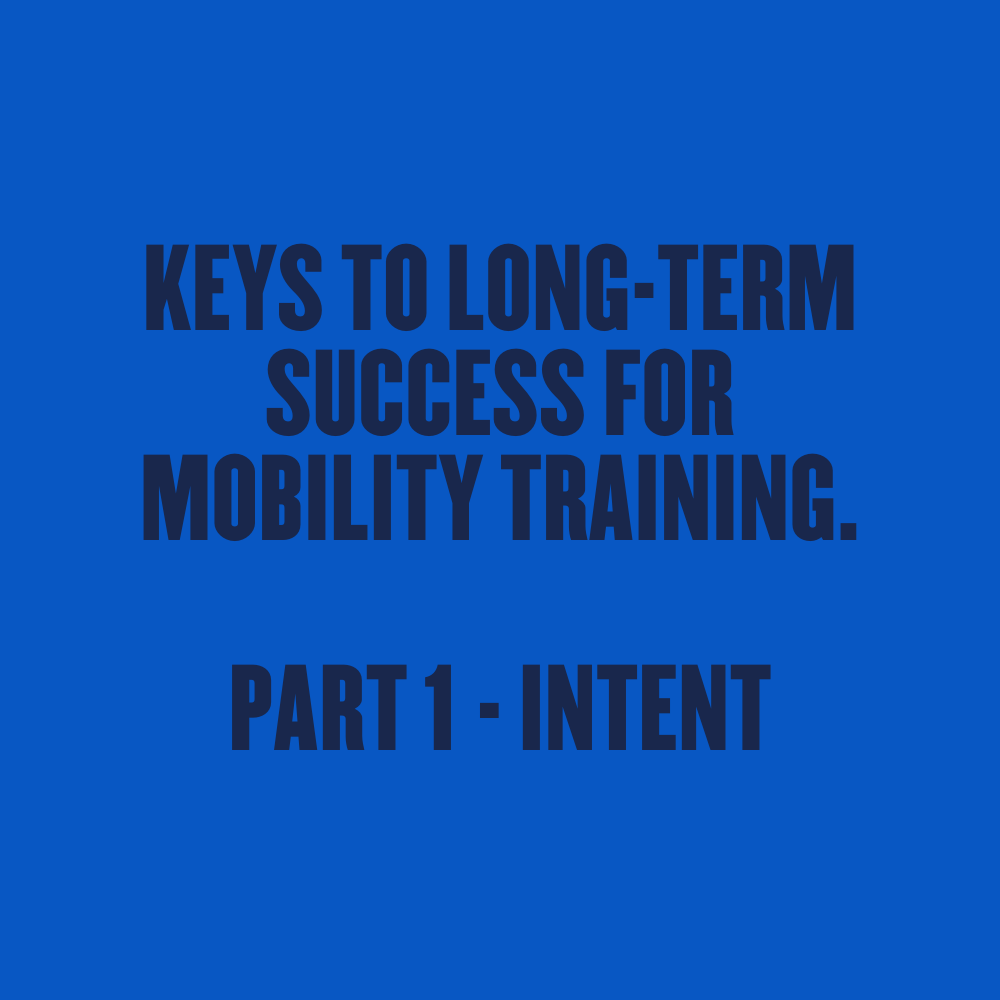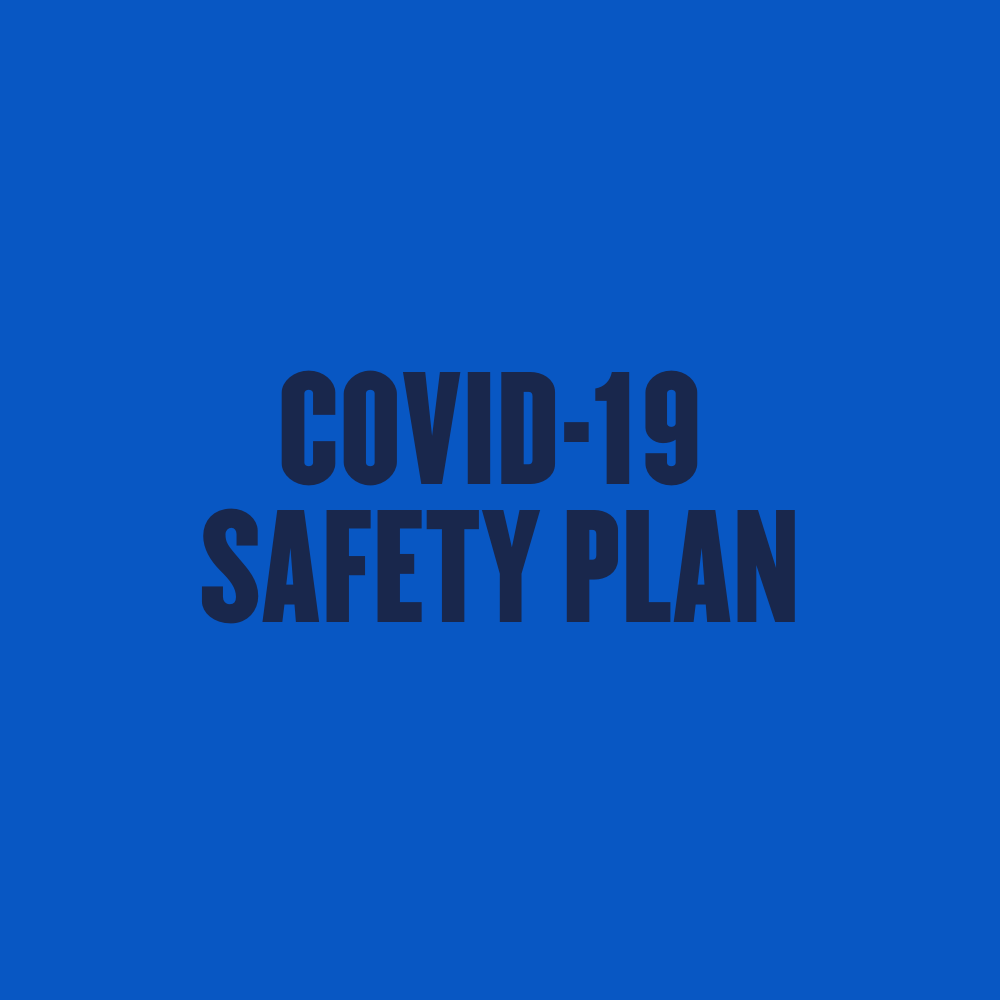POST WORKOUT NUTRITION.
Have you given much consideration to your post-workout nutrition? Here’s why you should:
First, the reason we focus on post-workout nutrition is that your body deals with nutrients differently depending on your activity: Sitting on the couch vs walking the dog vs after a high-intensity workout at the gym. By eating (or drinking) particular nutrients after your workout, you can affect your body composition, performance, and recovery. Our post-workout nutrition should:
- Replenish our energy stores
- Increase muscle size and/or quality
- Repair the damage caused by the workout
- Lower cortisol and aid in recovery
Protein to Repair and Build Muscle
Muscle repair and rebuilding occurs through the breakdown of the old, damaged proteins and the construction of new ones. After resistance training, muscle protein breakdown increases dramatically, and protein synthesis is slightly increased. We are breaking down more than we are building up. Muscle growth occurs when we have enough raw protein materials (aka amino acids) to create a positive protein balance – meaning we have enough protein for building muscle so that protein breakdown doesn’t win out.
Carbs to Build Muscle, Replenish Energy and Recover Faster
If we are looking to build muscle, we cannot overlook the importance of carbs. The insulin spike that occurs when we eat carbs is super helpful post-workout to aid in protein synthesis. That surge of insulin will help replenish your muscle glycogen (stored energy), which is essential to rebuilding the damaged tissue and growing muscles. So, by providing the body with enough amino acids (protein) and glucose (carbs), we increase the rate at which protein synthesis occurs.
Also, our insulin sensitivity is higher around training. This means that during that post-workout window (up to 2 hours after your workout), our body is more likely to take those carbs and store them as muscle glycogen and use it to build new muscle tissue rather than store them as fat. So, if your goal is fat loss, post-workout, you are more insulin sensitive, so you’re going to better utilize those carbs compared to right before bed or early in the morning or at a random time of the day.
Carbs are even more critical after intense, adrenal fatiguing training. When you really push yourself hard, you’re driving into that sympathetic nervous system, and we need to spike insulin as it has an inverse relationship with the stress hormone cortisol. When we eat carbs post-workout, we bring cortisol down and allows us to de-stress faster, recover faster, and get into that parasympathetic mode a little bit more quickly.
So, it’s pretty damn important to have carbs after an intense training session because it will lower cortisol and allow us to start recovering just a bit faster. So, for the intense individual, it’s less about muscle glycogen storage, and it’s more about cortisol management and recovery.
Precision Nutrition recommends having 15 grams of protein and 30 grams of carbs per hour of workout time, consumed either during or immediately after (this is where protein shakes or smoothies are helpful). Then have a whole food meal within an hour or two.
Keep Reading







